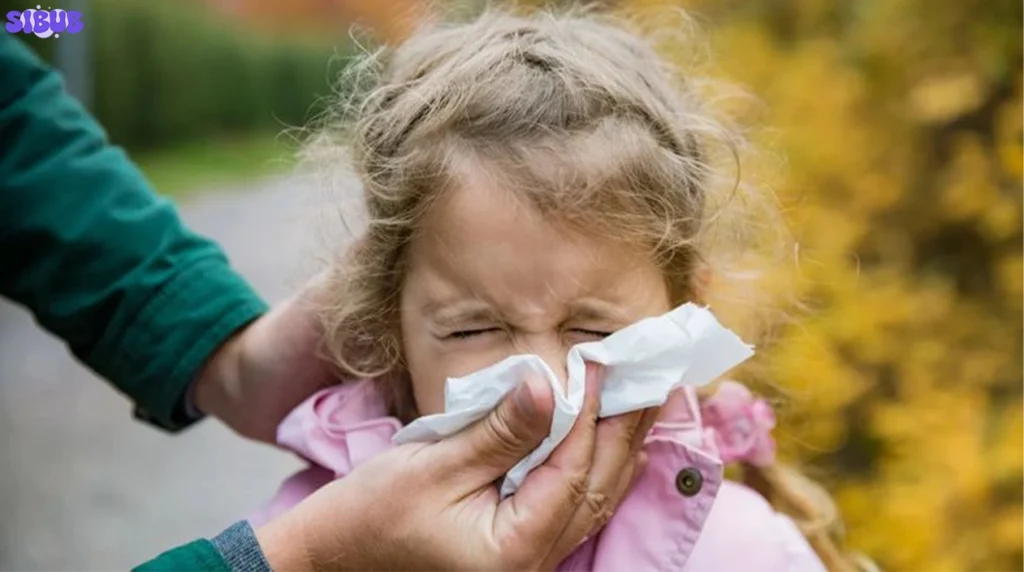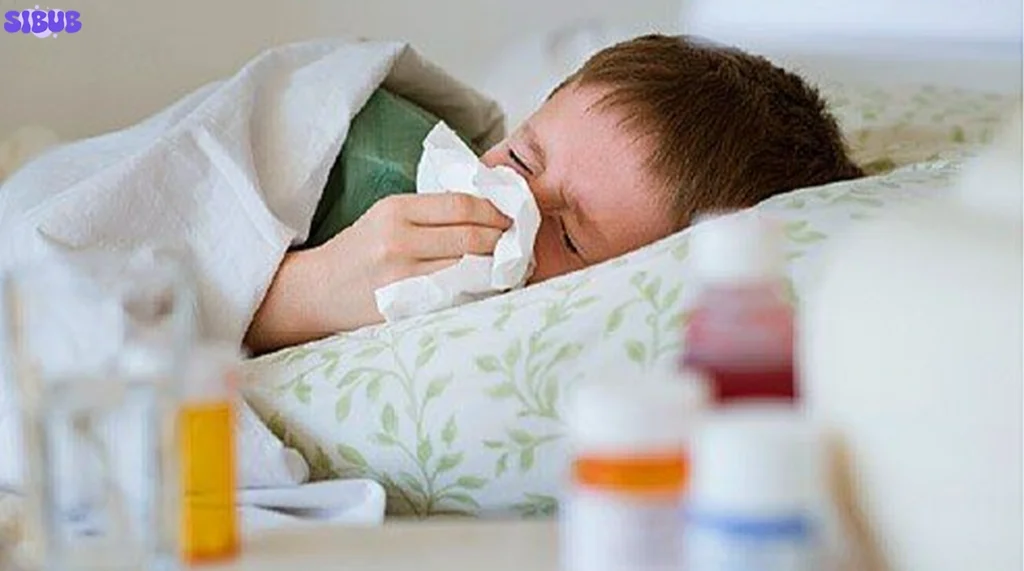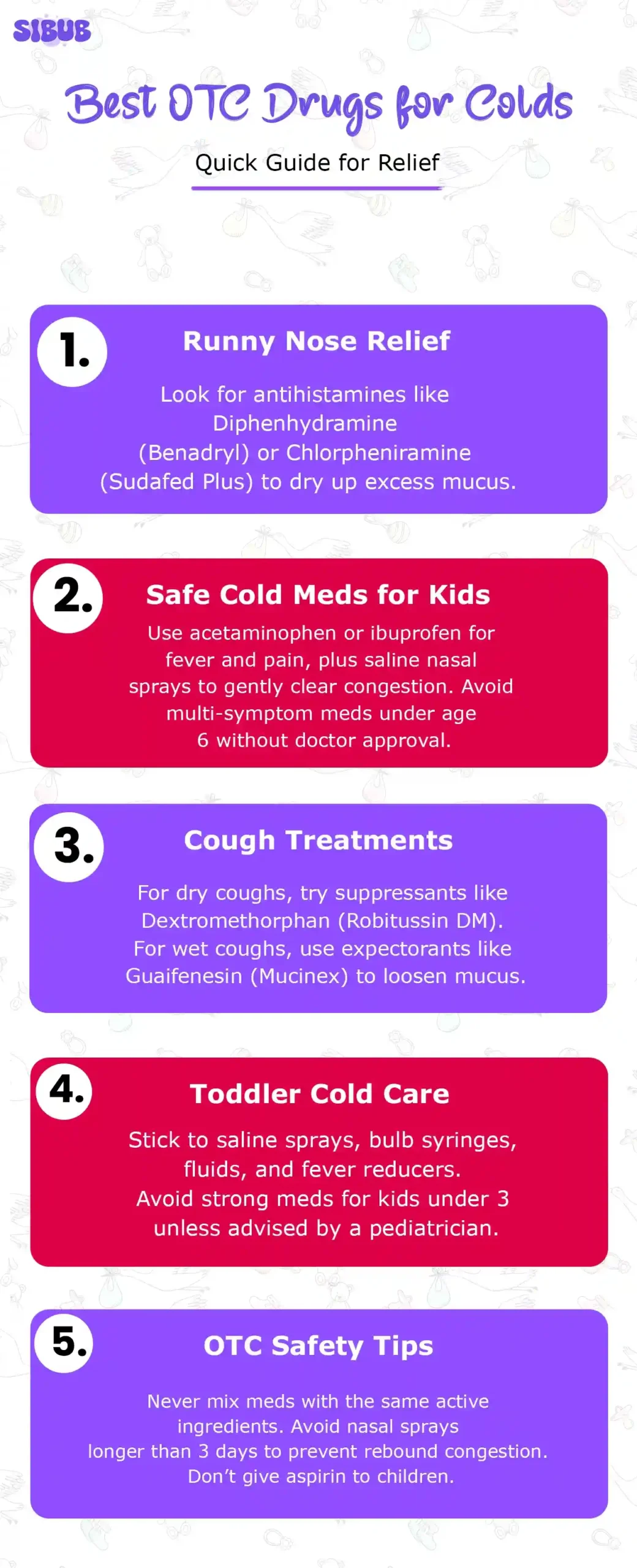When a cold strikes, it often begins with that dreaded drip: the runny nose.
And if you’re searching for effective runny nose medicine, rest assured that you are not the only one looking for such treatment. Every year, millions are afflicted with colds, and while they do not have a perfect remedy, OTC medicine can provide quick relief. Knowing the right treatment for a cough, stuffy nose, or sore throat makes quite a difference.
This blog post will explain the safe and effective OTC drugs for colds in both adults and children, as well as how to accurately locate the best runny nose medicine for one’s symptoms.
What Are OTC Drugs for Colds?
OTC drugs for colds are medications you can buy without a prescription. They’re made to ease symptoms like:
- A runny nose
- Sneezing
- Coughing
- Congestion
- Body aches
- Fever
These drugs come in many forms: tablets, capsules, syrups, sprays, and drops. But not every cold needs the same treatment. You’ll want to choose based on the symptoms you or your child are dealing with.

Best Runny Nose Medicine: What to Look For
A runny nose is annoying, messy, and often the first sign you’re getting sick. It’s caused by your body trying to flush out viruses by producing extra mucus. The goal of treatment? Dry up that excess mucus so you can breathe better.
Look for products with ingredients like:
- Diphenhydramine (in Benadryl): This antihistamine helps dry nasal passages.
- Chlorpheniramine (found in Sudafed Plus): Assists with sneezing and mucus production.
- Pseudoephedrine: Stronger than most, this medicine works on the nasal congestion by reducing swelling.
These three medicines are some of the best medicines to dry up a runny nose. Keep in mind that some of these can cause drowsiness, so check the label if it is for “nighttime.”
Check this out: Top Benefits of Summer Camp for Kids
Cold Medicine for Kids: A Parent’s Special Note
As a parent, selecting a cold medicine for your kid can be difficult. Not all medicines are safe for children. Make sure to check the label and follow your child’s age and weight.
Medications safe for children include:
- Paracetamol (Acetaminophen): Very useful for pain or fever.
- Ibuprofen: Effective for fevers and inflammation (in babies older than 3 months).
- Saline nasal sprays: Help clear away mucus in a gentle and safe way.
Multi-symptomatic cold medications should never be given to children under 6 years old without prior approval from a doctor. Also ensure that there is no ingredient overlap, i.e, paracetamol, so there is no overdosing.

Children’s Decongestants: What You Need to Know
Decongestants for children can be useful to clear blocked noses, but they must be used carefully. Oral forms for younger children are not suitable.
Pseudoephedrine and phenylephrine are both contraindicated under 6, but so are nasal sprays, which should be limited to three days use, as too much can make the problem worse.
Safer options for younger kids include:
- Saline drops or sprays
- Cool mist humidifiers
- Warm liquids and rest
These are safer, especially if you’re wondering how to dry up a 2 year old runny nose. Skip the meds and stick to gentle, non-medicinal relief unless your doctor suggests otherwise.
OTC Drugs for Cough: What Works?
Coughs come in two main types: dry and wet. Each type needs a different treatment.
OTC drugs for cough include:
- Dextromethorphan: Suppresses a dry, tickly cough (like in Vicks 44 or Robitussin DM).
- Guaifenesin: Thins mucus so it’s easier to cough up (like in Mucinex).
If your cough is interrupting sleep, use a suppressant at night. If you’re coughing up thick mucus, go with an expectorant during the day.
Toddler Cold Medicine: Keep It Simple and Safe
Finding the right toddler cold medicine can be tricky. Most cold meds aren’t made for children under 2 or 3. So what can you do?
For toddlers, stick with:
- Saline nasal sprays
- A bulb syringe to clear mucus
- Plenty of fluids
- Acetaminophen or ibuprofen (in proper dosage)
When it comes to children’s best runny nose medicine, less is more. Always talk to your pediatrician before giving anything new.

Click for more: Hand, Foot, and Mouth Disease: Is It Contagious? | Key Facts
Saline Sprays: A Gentle Option for All Ages
Saline sprays or drops help relieve stuffy or runny noses without using drugs. They’re safe for babies, toddlers, kids, and adults.
Some sprays may have extras like menthol or eucalyptus, which can irritate sensitive users. Always check the ingredients, especially if your child has allergies.
What Not to Do with OTC Cold Drugs
OTC drugs are helpful when used the right way. Keep these safety tips in mind:
- Never mix cold medications with the same active ingredients. It’s easy to overdose.
- Avoid using nasal decongestant sprays for more than 3 days. You might cause rebound congestion.
- Check dosing instructions carefully, especially with children’s decongestants and fever reducers.
- Don’t give aspirin to kids or teens. It’s linked to Reye’s syndrome, a rare but serious illness.
Find out more: Emotions Wheel for Kids: Benefits and How to Use
Meds for Runny Nose Recap: Quick Reference
Let’s break it down. Here’s what to take and when:
| Symptom | What Helps | Examples |
| Runny nose | Antihistamines, decongestants | Benadryl, Sudafed Plus |
| Stuffy nose | Decongestants or saline spray | Afrin, saline drops |
| Dry cough | Cough suppressants | Robitussin DM, Delsym |
| Wet cough | Expectorants | Mucinex, Robitussin Chest |
| Fever/aches | Pain relievers | Tylenol, Advil |
| Toddler cold | Saline spray, fever meds | Little Remedies, Infants’ Tylenol |
What About Vitamins and Natural Remedies?
Some people take zinc, vitamin C, or herbal supplements like echinacea when they’re sick. These may help slightly, but research is mixed. More importantly, they’re not substitutes for real cold medicine, and they’re not always safe for kids.
Steam inhalation is another common remedy, but it can be dangerous (especially for young children) due to burn risks.
When to Call the Doctor
Most colds get better in a week. But you should talk to a doctor if:
- A high fever lasts more than 3 days
- Symptoms last longer than 10 days
- Your child has trouble breathing
- There are signs of ear or sinus infections
If you’re at high risk (due to age, pregnancy, or chronic illness), ask your doctor if antiviral medicine is right for you, especially for flu or COVID-19.
Ultimately…
The right and best runny nose medicine can make a cold much more bearable. Whether you’re shopping for yourself or a sick child, choosing the right OTC drugs for colds is key. Use children’s cold meds with caution, and avoid giving toddlers adult products.
When in doubt, keep things simple: rest, fluids, and a well-chosen medication. And always read the label, especially when using children’s best runny nose medicine or children’s decongestants.
Colds may be common, but with the right care, you and your family can bounce back in no time.
Discover: Hypothalamus Function: Hormones, Homeostasis and More
